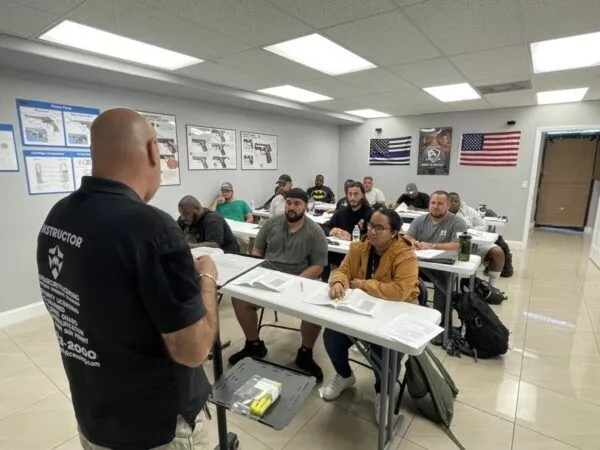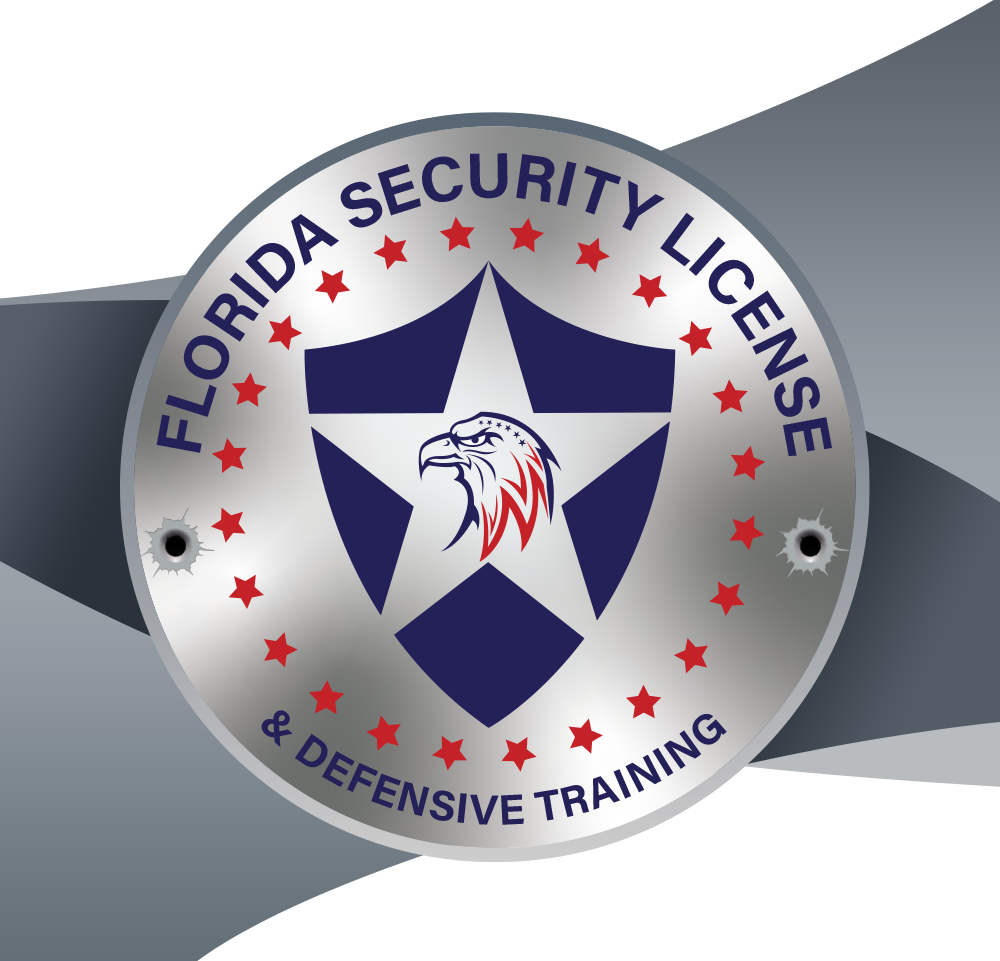Armed security officers play a crucial role in safeguarding businesses, properties, and public events. Their presence alone can deter criminal activity, and their training equips them to handle tense or threatening situations responsibly. Whether you aim to protect corporate assets or serve in a more specialized capacity, becoming an armed security officer requires dedication, proper training, and a clear understanding of the legal framework.
Being an armed and security guard training professional means taking on significant responsibility. You must stay current with firearm handling procedures, state regulations, and ongoing professional development requirements. This comprehensive guide will help you navigate the process from start to finish, offering a roadmap on how to fulfill necessary steps and launch your career.
If you’ve ever asked yourself, “how do i get a armed security guard license?” this article will show you the way. While each state may have slightly different procedures, the overall path to licensure often involves meeting basic requirements, completing state-approved training, and maintaining certification through regular renewals. Let’s get started by examining the initial step for armed security guards in Florida, and then we’ll discuss each stage of the licensing journey in detail.

Initial Step for Armed Security Guards in Florida
Florida requires prospective armed security officers to meet specific criteria before applying for a license. These criteria typically include being at least 21 years old, passing background checks, and demonstrating proficiency in firearm handling. Armed security professionals in Florida must also hold a state-issued Class G license in addition to any other credentials required for unarmed private security to work. Below, we break down the process into actionable steps.
Understand the Requirements
Before delving into any security school or training program, gather information on the qualifications you need. States often outline criteria that involve age limits, background checks, and mental health assessments. Confirm you meet minimum educational requirements, which can range from a high school diploma to specific professional training. Many people also look for security license florida online options to begin the journey with flexibility.
Research State-Specific Regulations
Rules vary significantly between states, so you’ll need to verify the regulations where you plan to work. Investigate details such as the number of classroom hours required, firearm caliber restrictions, and any additional mandates (like first aid certification). For Florida, the state’s Department of Agriculture and Consumer Services often updates regulations, so periodically check their website for any new laws or guidelines that could affect your application process.
Complete Required Training
One of the most critical aspects of becoming an armed, security guard license or officer is completing the necessary coursework. In Florida, this usually involves 28 hours of classroom instruction covering firearm safety, legal responsibilities, and practical shooting exercises. You might also attend firearms training classes offered by state-approved institutions. These specialized courses enhance your proficiency, teach you proper firearm maintenance, and improve your understanding of how to respond under pressure.
If you prefer personalized attention, consider private firearms training to refine your shooting skills and gain confidence in handling weapons. Private firearms qualification sessions often allow you to work closely with instructors to address specific weaknesses or questions. Proper training not only prepares you to pass state exams but also builds the foundation for a safe, responsible career.
Submit Your Application
After completing the required first training course, fill out your application with the relevant licensing authority. For Florida, you’ll apply for a Class G license if you already have the unarmed Class D license (or intend to obtain them concurrently). Ensure you include all necessary documentation, such as proof of training completion, fingerprints, and a recent photograph. Any missing or incomplete paperwork could delay the process, so double-check each requirement on the official state application checklist.
Pass the Licensing Exam
Once your application for firearms license is submitted, you’ll typically need to pass a state examination. This exam tests your understanding of firearm safety, relevant laws, and best practices for handling security situations. The practical portion may require you to demonstrate shooting proficiency at an approved range. Because you’ve already completed firearms training classes, you’ll be well-prepared. Remember that passing these exams proves your competence and ensures that only qualified individuals carry firearms professionally.
Maintain and Renew Your License
Receiving your license is a major achievement, but your journey doesn’t end there. Regular license renewals keep you updated on changing laws and evolving safety protocols. You may need to complete refresher courses or additional training to maintain your license. In Florida, annual requalification on the firearm is mandatory. Staying proactive with renewal and training requirements helps you remain compliant and credible in the eyes of potential employers and clients.

Start Your Career as an Armed Security Officer
With your license in hand, you’re ready to begin work as an armed security professional. You can explore opportunities with security agencies, corporate firms, private organizations, or specialized venues such as event arenas and schools. Building a strong professional network can accelerate your career growth. You can also further enhance your skill set by seeking advanced certifications or additional specialized security training elsewhere, such as executive protection or crisis management courses.
Don’t forget to stay current with industry news, engage in continuous learning, and remain vigilant about safety. Your proactive approach will distinguish you in a field where professionalism and consistent skill-building matter greatly.
Conclusion
Becoming an armed security officer is a multi-step process that demands preparation, commitment, and ongoing dedication to excellence. You must meet age and background check requirements, complete rigorous training, and stay on top of renewal obligations. Each stage of licensure shapes you into a capable professional trusted to handle challenging security situations.
Whether you’re just starting a security class or looking to transition from unarmed to armed roles, following the guidelines above will help you achieve your goal. Keep researching state-specific regulations, invest in quality training, and maintain your skills as technology and standards evolve. Armed security is a vital profession, and with the right mindset and resources, you’ll excel in safeguarding people, assets, and communities.
For further guidance, remember to look into security license programs, sign up for reputable firearms training classes, and, if necessary, consider private firearms training for one-on-one coaching. You’ll gain the expertise required to become a security guard protect others effectively while maintaining the highest standards of safety.





